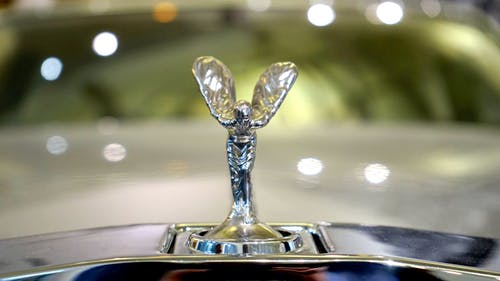Blog
2019.08.26
Translation in general
Famous translation errors
In several previous articles, we talked about how a bad or an incorrect translation can have negative consequences. Here we want to show you a few examples of translation errors that have been (almost) made in the past and what the consequences were.
Technically not a wrong translation, but…

In 1987 Braniff Airlines wanted to advertise their new leather seats in Spanish. “Fly in leather” was translated to “Vuela en Cuero.” This translation is correct but the translator had not taken into consideration that there is a similar term in Spanish, “en cueros”, that means “naked”. When pronounced on radio or television, the two terms sound identical. Nowadays you could see this as a clever play on words aiming for the campaign to go viral, but in 1987 viral marketing was not yet a thing. The company admitted that the potentially misleading translation was not intentional.
In 1989 the airline filed for bankruptcy due to intense fare competition and mounting debts. The advertising campaign might have been a factor in this.
(Source: https://www.apnews.com/e5b7b6307e7dcd029c28927bca6dd5d6)
A translation that achieved the opposite

HSBC Holdings is one of the largest banks worldwide. You might assume they have enough budget to afford quality translations. Nevertheless, when they translated their slogan “Assume Nothing” into several languages it was mistranslated as “Do Nothing” in some territories. Not exactly the best slogan to address prospective clients, especially at a time when the general interest in investing was not very high.
In 2009 they spent 10 million USD for a rebranding campaign to replace the previous “Assume Nothing” campaign. Hiring a better translator right from the start would have been tremendously cheaper.
(Source: https://www.ft.com/content/77b58214-f6e3-11dd-8a1f-0000779fd2ac)
Not translating can be a mistake, too

Did you know that the famous Rolls-Royce model Silver Shadow originally was to be called Silver Mist? For the English-speaking world, the word “mist” brings up the connotation of something intangible, ethereal, smoky, and mysterious. Not a bad choice of name you might think until you look up what “mist” means in German. In German, it can mean “manure” or “crap”.
Luckily someone at Crewe, where the car was produced, pointed this out and the company decided the change the name to Shadow last minute. This one was only barely avoided.
As you see when translating marketing phrases or slogans a profound understanding of the target language and culture is vital. At transeuro, we are experts for Japanese translation and will make sure that your message will be received by the target audience exactly as you intended it. If you have a need for translation just contact us via phone or our contact form.
Similar Posts
[jetpack-related-posts]



Leave a Reply